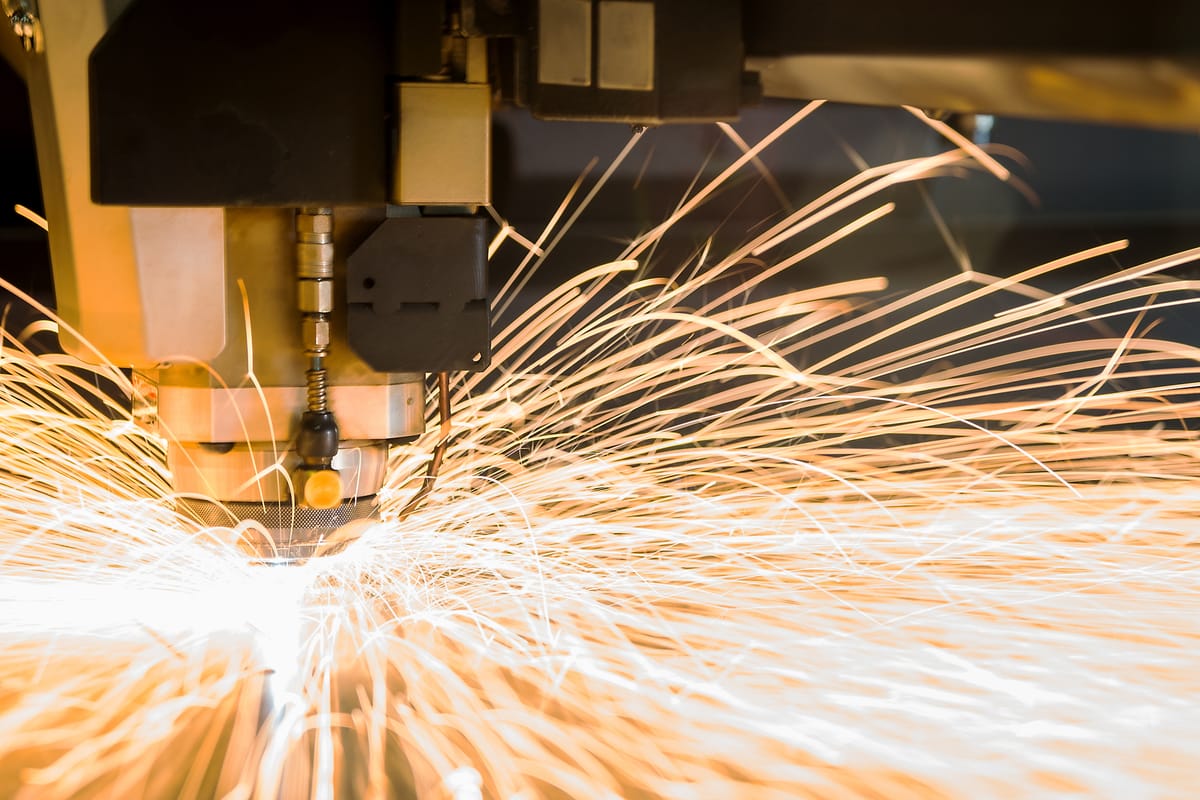High Specification Machining
High Specification Machining (HSM) refers to advanced manufacturing processes that achieve extremely precise dimensions, tight tolerances, and superior surface finishes.

High Specification Machining (HSM) refers to advanced manufacturing processes that achieve extremely precise dimensions, tight tolerances, and superior surface finishes. This field leverages cutting-edge technologies such as multi-axis Computer Numerical Control (CNC) systems, ultra-fine cutting tools, and high-speed machining techniques. HSM is essential in the production of complex and high-value components used across critical sectors including aerospace, defense, medical technology, electronics, and semiconductors. Capable of achieving tolerances within microns and surface finishes near optical quality, HSM enables innovation at the edge of material and design limits.
Strategic Importance
High Specification Machining plays a foundational role in the industrial and defense capability of any advanced economy. It enables the domestic production of critical system components such as turbine blades, precision optical mounts, implant-grade medical devices, and microfluidic systems. Without HSM, nations must rely on foreign manufacturing for components that may be essential to national security, high-performance computing, or advanced defense systems. Control over these capabilities ensures not only technological sovereignty but also resilience in times of geopolitical disruption or supply chain stress. Additionally, HSM capabilities contribute to economic competitiveness by supporting export-oriented, high-value-added industries.
Top 5 Nations Leading in High Specification Machining
- Japan
Japan is a global leader in ultra-precision machining, driven by its heritage in high-performance manufacturing. Japanese firms have pioneered innovations in multi-axis CNC systems and consistently set benchmarks for reliability and accuracy in machining technologies. - Germany
Germany’s reputation for engineering excellence is reflected in its world-class high-spec machining firms. The integration of advanced digital manufacturing technologies with traditional mechanical precision has positioned Germany at the forefront of smart, high-tolerance production. - United States
The U.S. boasts a strong base of precision manufacturers supporting sectors such as defense, aerospace, and medical devices. Investment in digital manufacturing, automation, and hybrid machining systems ensures the U.S. remains a global leader in HSM innovation. - China
China has scaled its high-spec machining capabilities dramatically over the past decade. Significant investments in infrastructure, talent development, and domestic machine tool manufacturing have elevated China’s presence in both volume and capability at the high end of the machining spectrum. - Switzerland
Switzerland brings unmatched expertise in micro-machining and ultra-fine tolerances, especially for applications in watchmaking, medical implants, and electronics. Swiss firms are global leaders in delivering machines and components that operate at the limits of mechanical precision.
Future Outlook
High Specification Machining will continue to evolve as industries demand ever more intricate and performance-critical components. Future advancements will likely be driven by the integration of real-time monitoring, adaptive AI control systems, and the convergence of subtractive and additive processes. The shift toward smart machining environments will reduce waste, improve quality, and enable mass customization.
Sustainability will also become a strategic driver, with emphasis on energy-efficient machining, closed-loop material systems, and green manufacturing certifications. Nations seeking to lead in next-generation industries must prioritize investment in HSM infrastructure, skills development, and public-private partnerships to maintain technological advantage and supply chain sovereignty in an increasingly competitive global environment.




